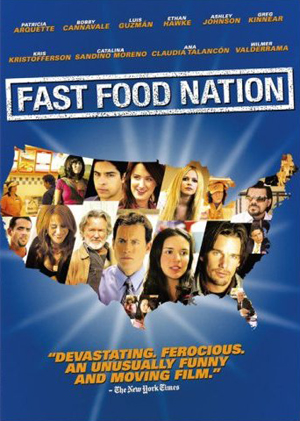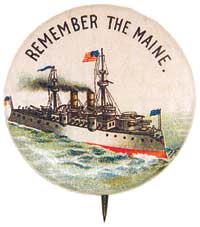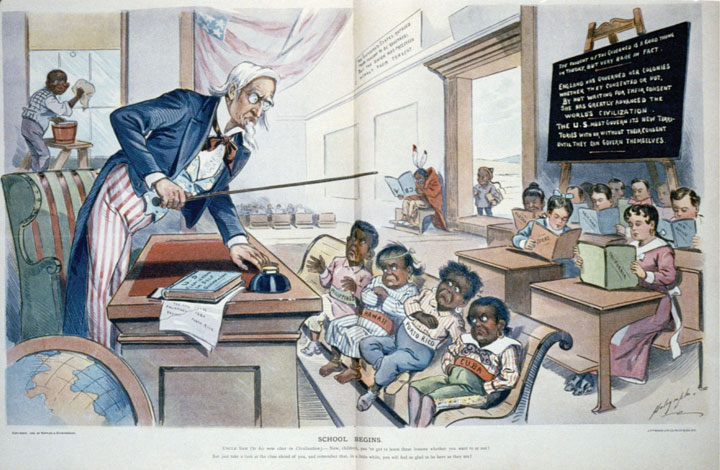From 1890 to 1920, the era of reforms and advances, thanks to that time we have now:
o National Parks
o Libraries/ Library System
o City Pluming
o Law Enforcement
o Prohibition
o Transportation
o Work Laws
o Labor Unions
o Women Voting
o Public Schooling
Some of these upcoming reforms and organizations were only found in the states that could afford them like New York and as the economy grew they expanded to the other states. Now it’s just common to find these organizations throughout, except prohibition of curse.
This new organizations cost money so then Income Tax was also created.
The Meat Factories
With the publication of Upton Sinclair’s The Jungle which exposed the dirtiness of the factories and with that their unsanitary handling of the meat was exposed. Many reforms were made for the meat packing industry and from there expanded to what is now the F. D. A.
In the meat factories issue the movie of today is called Fast Food Nation. YouTube trailer.
Though this movie is recent, just as in the reforming era it deals with immigration. Most of the low-payment jobs back in the Progressive era as well as now were given to immigrants and mistreatment and abuse were common.





















